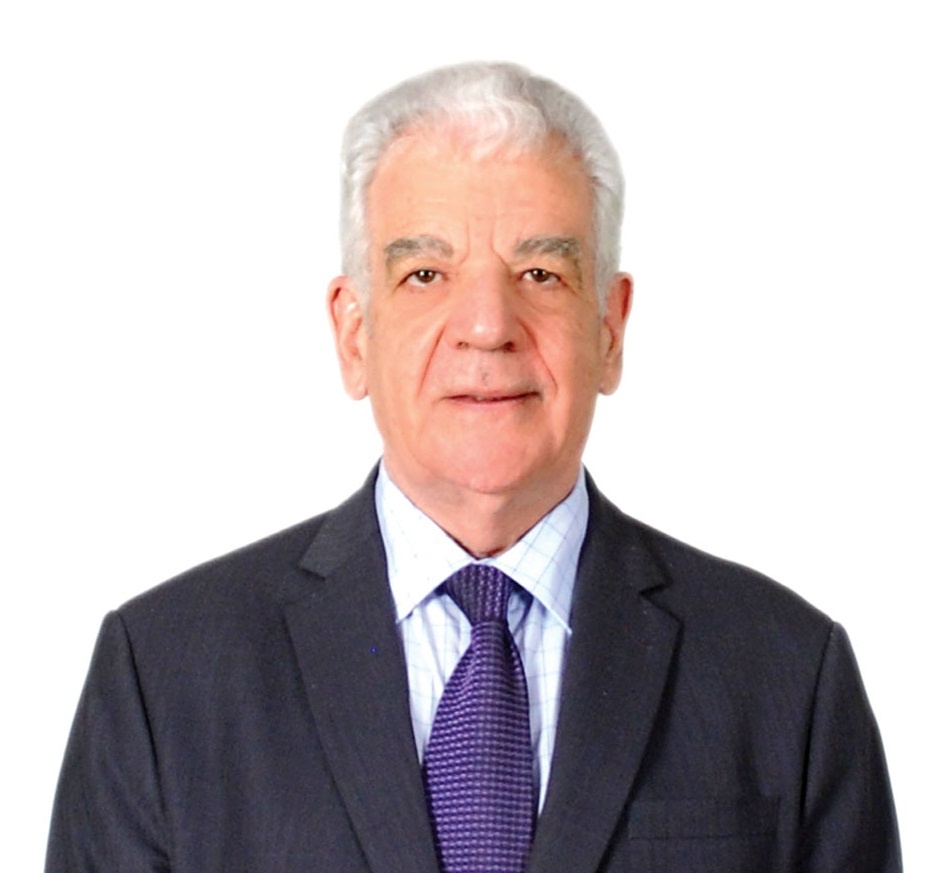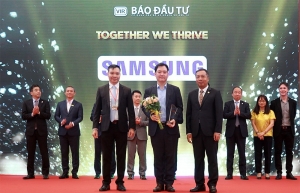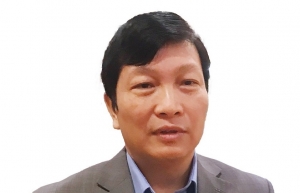The transition to an emerging market
 |
| Kenneth Atkinson, Founder and senior adviser Grant Thornton Vietnam |
I was fortunate to have been requested to help with a feasibility study and licensing for a hotel project in Hanoi, which resulted in my first visit in November 1989. At that time, negotiations were also in progress for other hotel projects, including the renovation of the Metropole with management by Accor.
One of the first sectors to develop when countries open their doors is the hotel and tourism sector, and Vietnam was no different. However, at that time, the movement of foreigners was strictly monitored, and travel permits were needed to leave the major cities of Hanoi and Ho Chi Minh City. Foreign arrivals were in the order of 200,000 per annum, and many of those were from Russia and Eastern European countries.
At that time, I considered Hanoi to be one of the most charming capital cities in Asia and urged the authorities to preserve as much of the city as they could.
Another sector that attracted early investment was the oil and gas sector, and we saw big investments from BP, followed by Total and Shell.
Back then, the average per capita income was $200 per annum, and more than 65 per cent of the population lived below the poverty line; nevertheless, the Vietnamese people were welcoming, relaxed with foreigners, and very kind.
Total foreign trade was only about $5 billion, the exchange rate was approximately VND4,700 to USD, and there were three international flights from Bangkok to Ho Chi Minh City and two to Hanoi.
Three things caused me to decide to move my own consulting business to Vietnam: the friendliness of the Vietnamese people, the work ethic, and the energy, particularly in Ho Chi Minh City.
One of the next most significant events in the transition was the normalisation of relations between the US and Vietnam in 1995, which paved the way for American companies to do business with Vietnam and to invest here.
This historic agreement also paved the way for entry into Vietnam of the World Bank and other bilateral institutions. This opened the door to development finance and aid programmes and assistance with institutional reform and capacity building projects. This produced a lot of investor interest, with headlines in US journals positioning Vietnam as the next “tiger economy”.
There was a spike in foreign direct investment (FDI) commitments, but many failed to materialise. Major commercial banks and insurance companies also decided to enter the Vietnam market in earnest, not just through representative offices. Once it was clear that the embargo was en-route to being lifted, the big four accounting firms also entered the market.
Whilst FDI and the nation’s development was maybe slower than many hoped, things were certainly moving in a positive direction with a move of manufacturing businesses from Hong Kong, Singapore, Taiwan, and others.
However, the first real setback after Russian withdrawal in 1990 was the Asian financial crisis in mid-1997. Although Vietnam was not too directly exposed to the regional economies, it did cause a pullback in foreign investment and an exodus of expatriates. This was because the bulk of FDI at that time was from Southeast Asian countries, and they sought to reduce costs and protect their core businesses, which had a negative impact on Vietnam.
Probably the next significant event was the opening of the Ho Chi Minh Stock Exchange in July 2000. By this time, average per capita income had risen but only to $360, so roughly an increase of 80 per cent in 10 years. The exchange had been muted for several years before the final opening took place.
This also followed the introduction of the Law on Enterprises in early 2000, which for the first time provided for the establishment of private enterprises and the formal start of the private sector in Vietnam. By the end of 2020, there were over 110 million registered private companies.
The exchange has had a bit of a rollercoaster ride since opening, with the index rising to 1,137 in early 2007 before falling to 245 in 2009 as a result of the global financial crisis, which had much more of an impact on Vietnam than the 1997 crisis. The index reached a new high of 1,174 in 2018, some 10 years later. There are now over 300 listed companies and in May 2022 the market cap reached an all time high of $255 billion.
Vietnam has continued to be a major market for FDI and whilst Southeast Asian countries continue to be prominent with Singapore being number one in 2022, South Korea, Japan, and China have now joined the ranks of top investors. There has also been significant growth in investment by Thai, American, and European companies.
Total committed FDI in 2022 was $22.4 billion, and one of the drivers for the continued and sustained levels has been the number of free trade agreements that have been signed by Vietnam, including those with South Korea, the EU, and the UK.
Geopolitical tensions in the region have also benefited Vietnam, as companies move or add production capacity outside of China, a trend which is expected to continue.
Total foreign trade in 2022 rose to $732 billion. Foreign-invested enterprises contribute significantly to foreign trade, with a current percentage of around 70 per cent. Per capita income in 2022 was estimated at $3,900 and with a population that has reached 100 million and with a rapidly growing middle class, domestic demand is set to become a sustainable growth driver in the future. Whilst headwinds from the global economic situation remain, Vietnam’s growth prospects remain strong, as does the attraction for sustained FDI. Longer term, we can expect Vietnam to be re-rated as an emerging market, which is expected to give a significant boost to foreign investment overall.
 | VIR honours investors who help make Vietnam an FDI success story (photo) VIR has granted medals to honour the investors, businesses, and organisations that have contributed to making Vietnam a foreign direct investment (FDI) success story. |
 | FIA: Global minimum tax and currency devaluation affecting FDI Speaking at the VIR-hostedconference on May 15, Do Van Su, deputy director general of the Foreign Investment Agency (FIA) under the Ministry of Planning and Investment (MPI) said that the decrease in foreign capital coming into Vietnam has been caused by recent shifts in global tax policy and currency devaluation in certain countries, while investment relocation from China has not brought much benefit. |
 | The favourable factors for FDI in the paper industry The trend of Asian countries such as Japan, South Korea, and China investing in the paper industry is set to continue. Vietnam Pulp and Paper Association general secretary Dang Van Son spoke to VIR’s Van Nguyen about future industry developments. |
What the stars mean:
★ Poor ★ ★ Promising ★★★ Good ★★★★ Very good ★★★★★ Exceptional
Related Contents
Latest News
More News
- Citi economists project robust Vietnam economic growth in 2026 (February 14, 2026 | 18:00)
- Sustaining high growth must be balanced in stable manner (February 14, 2026 | 09:00)
- From 5G to 6G: how AI is shaping Vietnam’s path to digital leadership (February 13, 2026 | 10:59)
- Cooperation must align with Vietnam’s long-term ambitions (February 13, 2026 | 09:00)
- Need-to-know aspects ahead of AI law (February 13, 2026 | 08:00)
- Legalities to early operations for Vietnam’s IFC (February 11, 2026 | 12:17)
- Foreign-language trademarks gain traction in Vietnam (February 06, 2026 | 09:26)
- Offshore structuring and the Singapore holding route (February 02, 2026 | 10:39)
- Vietnam enters new development era: Russian scholar (January 25, 2026 | 10:08)
- 14th National Party Congress marks new era, expands Vietnam’s global role: Australian scholar (January 25, 2026 | 09:54)

 Tag:
Tag:



















 Mobile Version
Mobile Version